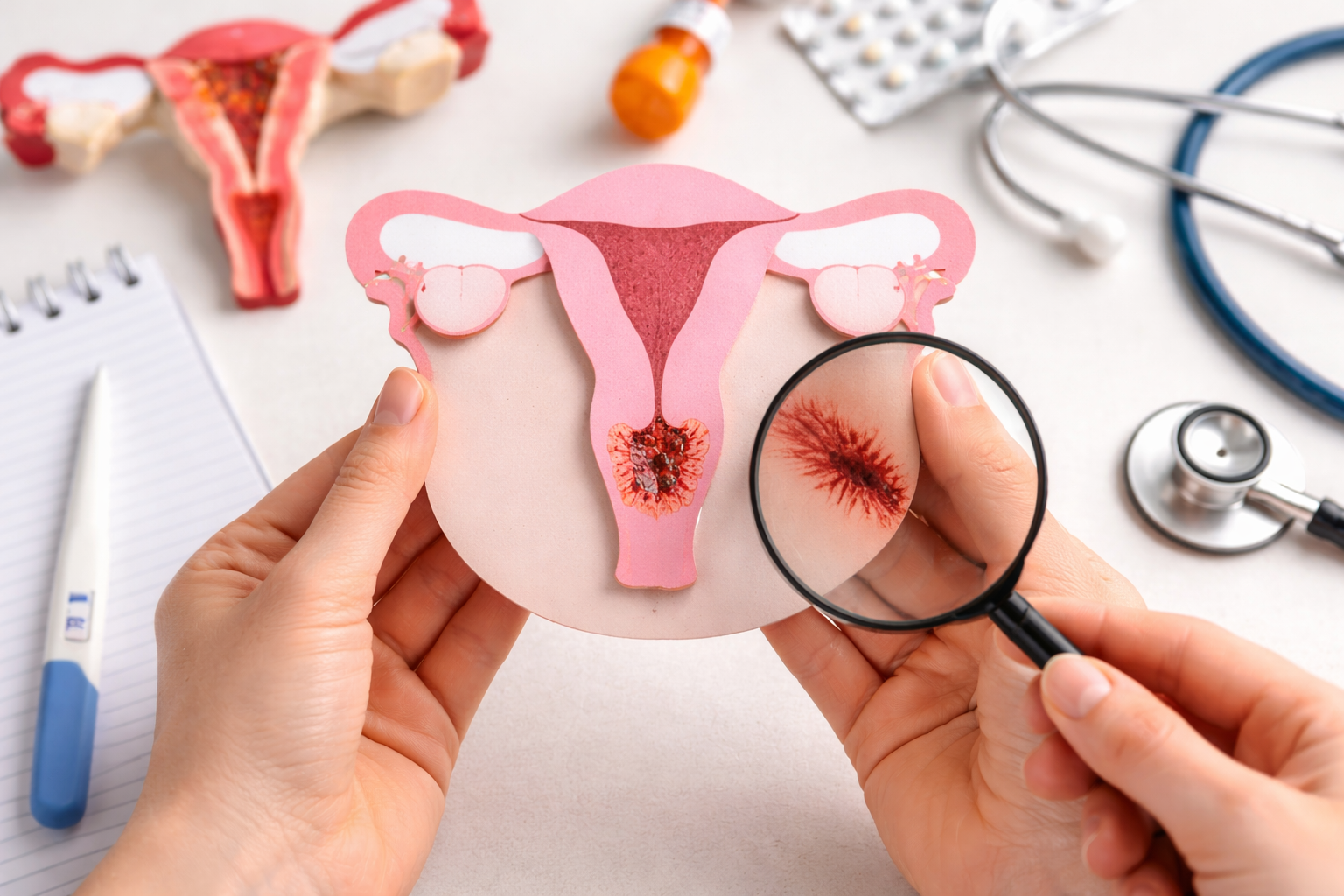Best IVF Clinic in Thane
Home » Blastocyst Culture and Transfer in Thane | IVF Success with Advanced Embryo Selection
Blastocyst Culture And Transfer Clinic in Thane
Blastocyst Culture and Transfer is a part of In-vitro fertilization treatment, which is considered to improve the chances of pregnancy rate. It allows single embryo transfer and thereby reduce the risk of multiple pregnancy.
What is Blastocyst?
Blastocyst is a highly developed embryo that consists of 70-100 cells and has the potential to anchor to the uterine lining of the womb. It is highly differentiated into two cell types: The outer layer of cells (Trophoectoderm), which forms the future placenta and the inner cell mass forms the foetus.
Formation of Blastocyst:
In naturally conceived pregnancy, the egg is released from the ovarian follicle and picked up by the fallopian tube, where it is fertilized by the sperm. Upon fertilization, the zygote tend to divide from single cell to two and so on, at regular interval as they move from fallopian tube towards uterine wall.
| DAY | STAGE |
|---|---|
| Day1 | Fertilization (Fusion of egg and sperm)Single cell |
| Day2 | 2-4 cell stage |
| Day3 | 6-8 cell stage |
| Day4 | 16-32 cell stage |
| Day5 | 70-100 cell stage |
At the blastocyst stage of development the embryo reaches the uterus and spontaneously hatch from the outer shell zonapellucida and attach itself to the uterine wall.
What are the benefits of blastocyst and transfer?
In recent times, the better understanding of the dynamic physiology of human embryos has led to the development of culture systems and incubation techniques. It is because of this improved extended culture conditions that it is now possible to yield blastocyst with greater consistency.
Extending the duration of culture system for blastocyst formation has various benefits over Day 3 embryos
- Increase implantation rate and live birth rate
- Opportunity to select most viable embryo for transfer
- Allows better synchronization between the embryo and endometrium
- Allows transfer of single embryo (or max two embryos) transfer, thereby reducing the higher order multiple pregnancy.
What are the disadvantage of Blastocyst transfer?
- Blastocyst transfer does not guarantee a positive outcome.
- It has been shown that only 50% of the embryos progress to blastocyst stage. There are chances that the embryos might fail to reach blastocyst stage leading to cancellation of embryo transfer.
- Extended cultures result in very few or no embryos for cryopreservation.
- There is a small increased risk of mono-zygotic twinning.
Related Searches:
Infertility Treatment in Thane, Intrauterine Insemination (IUI) Treatment in Thane, IVF Treatment in Thane, Pre-Implantation Genetic Testing in Thane, aser Assisted Hatching Treatment in Thane, Egg/Sperm/Embryo Cryopreservation Freezing, Endoscopy In Fertility Treatments, Pregnancy Care, Birthing, Ultrasound In Pregnancy, High Risk Pregnancy Treatment Care With ICU Facility, Laparoscopic Surgery, Hysteroscopic Surgery, Menopause, Puberty Adolescence Treatment, Oncofertility, Male Infertility Treatment in Thane, best ivf hospital, ivf specialist, ivf doctor in thane, fertility treatment in thane, dr. snehal kohale ivf specialist
Fertility Treatments
- Approach To Infertility
- IUI
- IVF-ICSI
- Male Infertility
- Pre-implantation Genetic Testing (PGT)
- Blastocyst Culture and Transfer
- Laser Assisted Hatching
- Egg/Sperm/Embryo Freezing
- Donor Egg Donor Sperm Donor Embryo and Surrogacy Treatment
- Need of Endoscopy in fertility treatments
Let's Meet Up
contact
Our Latest Articles

Symptoms of Low AMH: Signs Linked to Low Ovarian Reserve
Symptoms of low AMH in women often appear quietly and are easy to miss. Many women feel completely normal until they start planning a pregnancy or face difficulty conceiving. Anti-Müllerian Hormone (AMH) is one of the most important fertility markers because it reflects a woman’s ovarian reserve, the number of

NT Scan in Pregnancy: What It Is & Why It Matters
Introduction: That First Trimester Mix of Joy and Questions The first trimester of pregnancy is often a quiet storm of emotions. There is excitement, of course the joy of seeing two lines on a test, the first ultrasound heart but there is also anxiety. Every expecting parent wonders the same

Can Scar Endometriosis Affect Fertility? Educate Yourself
Scar endometriosis is not a common condition, but when it happens, it can raise many questions especially about fertility. Women often notice pain or a lump near a surgical scar and don’t connect it to reproductive health. Some ignore it for years. Others worry silently about whether it can affect





 No need to worry, your data is 100% Safe with us!
No need to worry, your data is 100% Safe with us!